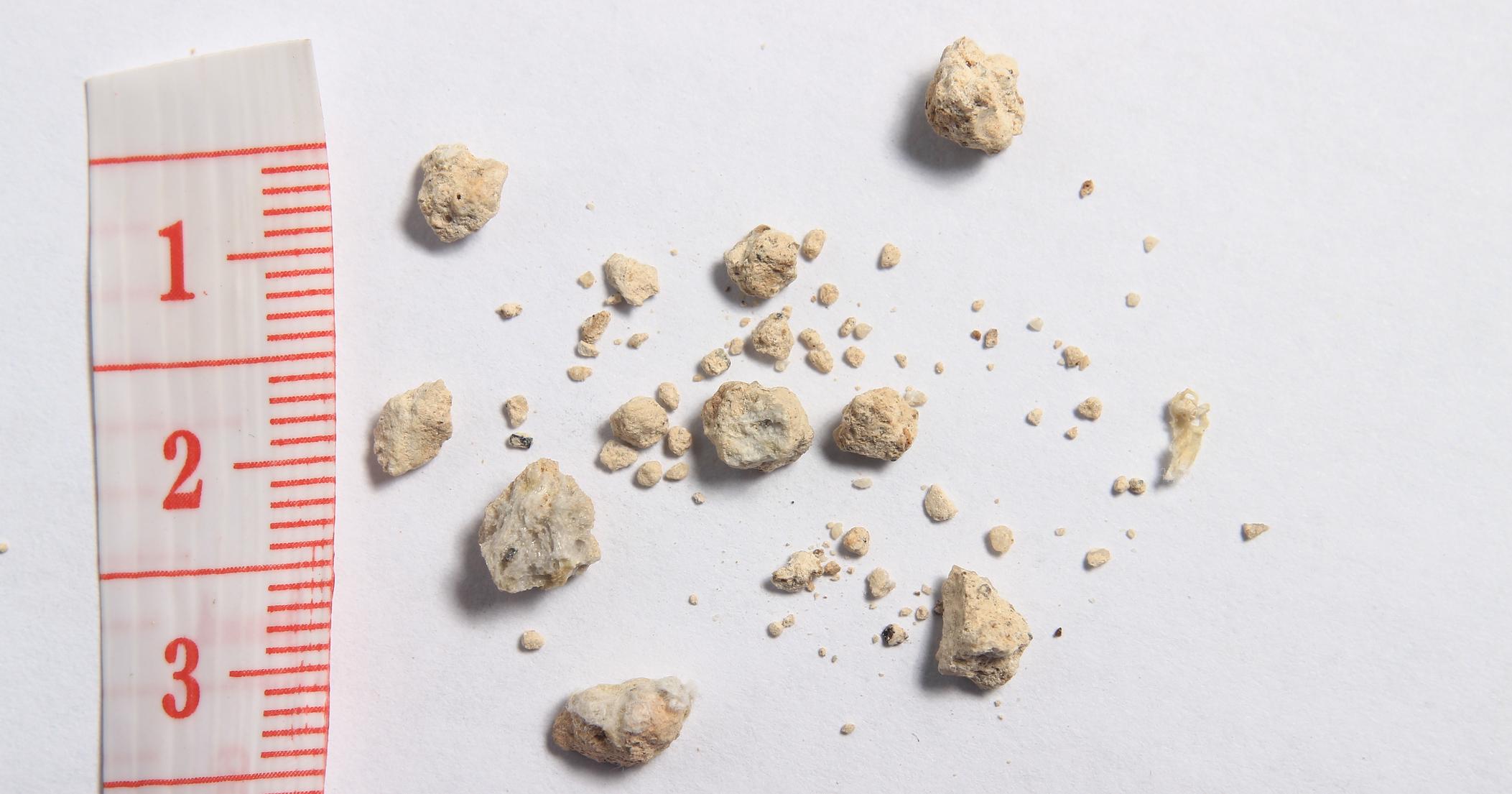Guide To The Causes Of Pyuria
Pyuria is a condition that affects the white blood cells of the body. It is characterized by an excess of white blood cells in the urine, and it exists in two types: pyuria and sterile pyuria. With sterile pyuria, patients still exhibit the excess of white blood cells, but the urine itself is free from microorganisms and bacteria. Pyuria, on the other hand, can be an indicator of sepsis, which is a life-threatening bacterial infection. Symptoms of pyuria include cloudy urine, and pyuria itself can be a sign of a urinary tract infection. Other symptoms of pyuria include frequent urges to urinate, fever, pain in the pelvis, as well as burning while urinating. Learn about what can cause pyuria now.
Polycystic Kidney Disease

Polycystic kidney disease is an inherited kidney disorder. It causes clusters of cysts to develop within the kidneys, causing them to enlarge and lose function over time. While these cysts are noncancerous, they do contain fluid and can vary in size. An excess of these cysts can cause serious damage to the kidneys. Because this disease can vary in intensity and many patients can go years without knowing they have it, it can be easy to overlook this option as a cause of pyuria. If individuals notice the symptoms of pyuria, they may wish to consider speaking to a physician so they may run the appropriate tests and determine if polycystic kidney disease is present.
Continue reading to reveal the next cause of pyuria now.
Pneumonia

Pneumonia is an infection of the lungs. It affects the air sacs in one or both of the lungs through inflammation. These sacs may subsequently fill with fluid or pus, which causes the patient to cough up phlegm or pus. Pneumonia can also cause fever, chills, and difficulty breathing. Because many different types of bacteria can cause pneumonia—including viruses and fungi—this infection can range in severity from mild to life-threatening. This can be even more endangering for infants and seniors. Because bacteria, viruses, and fungi often cause pneumonia, those very same microorganisms can cause pyuria in the patient.
Get the details on more causes of pyuria now.
Urinary Tract Infections

Urinary tract infections can affect any part of the urinary system, whether it be the kidneys, ureters, bladder, or urethra. Women are typically more like to develop urinary tract infections than a man. While urinary tract infections can be painful, they can also be seriously detrimental if they reach the kidneys. Individuals may have a urinary tract infection if they feel a constant urge to urinate, feel a burning sensation when urinating, have strong-smelling urine, or have urine that appears red, which can signal blood in the urine. Given enough time, urinary tract infections can lead to sepsis, a life-threatening complication.
Discover more information on what can cause urinary tract infections now.
Kidney Stones

Kidney stones are hard deposits made up of minerals and salts. They form inside the kidneys and cause incredible pain to patients who deal with them. These stones can form when the urine becomes particularly concentrated, which allows the minerals to crystallize. The patient must pass the kidney stone to get rid of it. Many patients can do this with pain medication and a regimen of ample water drinking. However, there are some circumstances wherein the patient must have surgery to remove the kidney stone from the urinary tract. Pyuria can be an indicator as well as a symptom of this condition.
Learn more about common causes of pyuria now.
Kawasaki Disease

Kawasaki disease is an inflammation of the walls in the arteries throughout the body, though it typically targets the coronary arteries. It affects primarily the medium-sized arteries in children. The disease is sometimes referred to as mucocutaneous lymph node syndrome because it affects the lymph nodes, skin, and mucous membranes. Symptoms of Kawasaki disease include high fever, peeling skin, rash, irritability, vomiting, diarrhea, as well as pain. Thankfully, this is a treatable disease, and most patients recover without any serious long-term problems. That said, patients may note pyuria as one of the symptoms that affect them when they have Kawasaki disease.